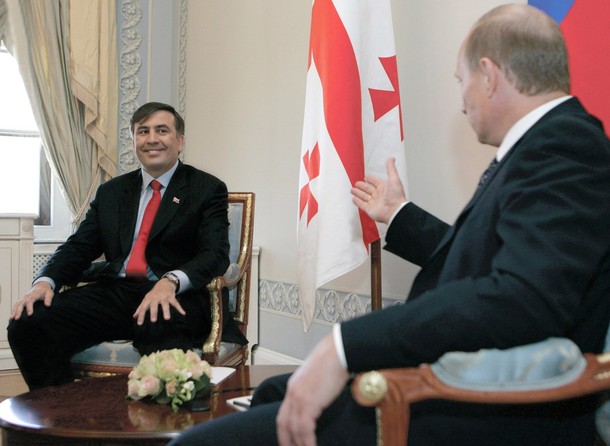
News.Az interviews Borut Grgic, non-resident senior fellow at the Atlantic Council and founder of the trans-Caspian initiative at the EPC in Brussels, and Institute for Strategic Studies in Slovenia.
Azerbaijan has started negotiations with the EU on an association agreement. Could this process weaken Azerbaijan and its neighbours’ dependence on Russia?
Azerbaijan has always had a multiple-vector foreign policy in order to endure no significant dependence on any single external actor. Strengthening of relations with the EU is not a zero sum equation. Neither party sees it this way. Rather, with the EU accession talks progressing, Azerbaijan will have more room to press for even deeper cooperation with Russia, and other regional players, most notably Turkey.
Do you share the opinion that the Russian-Georgian war scared the West and now the US and NATO prefer not to anger the Russians by active military and other contacts with Georgia and other Russian neighbours?
I don’t agree. Obama’s policy toward the region is still in the making. I would say that Washington under the new administration simply had other priorities. Now, we are seeing a new convergence between Washington and the region, including Azerbaijan. US policy towards Russia is a separate issue. NATO never had a political vision for this region – in terms of a coherent view on membership.
The security sphere is one of the areas of EU-Azerbaijani cooperation in the association agreement. Do you think that Europe is really able to strengthen security in the South Caucasus?
Yes, especially if we can deploy a mission to Nagorno-Karabakh to help secure the end deal, and help monitor the terms of this end agreement.
Do you see any parallels between the UN International Court decision on Kosovo and Armenia’s attempts to justify occupation of Azerbaijani land?
No. The legal opinion of the ICJ in the case of Kosovo is a unique experience. After all, the court stated an opinion on a question pertaining to the legality of the declaration of independence by Kosovo. It said nothing about the political principles behind this declaration.
What is the common European view on settling the Karabakh problem? Do the sympathies of European states lie more with the territorial integrity of Azerbaijan or the right to self-determination of the Armenians, who already have their own independent state?
I would say Europe doesn’t have a clear end goal in mind, which probably is the reason why we remain a weak actor in this conflict resolution. But even here, things are changing. I would say a number of important events recently took place that show EU support for Azerbaijan’s territorial integrity; most notable was the passing of the resolution on this issue by the EU Parliament earlier this year.
Borut Grgic is a nonresident senior fellow at the Atlantic Council. He is an expert in EU, Balkan and Caspian relations, political economy and specializes on frozen conflicts. This article was first published by news.az. Photo credit: Getty Images.
Image: Saakashvili%20and%20Putin%202007.jpg
